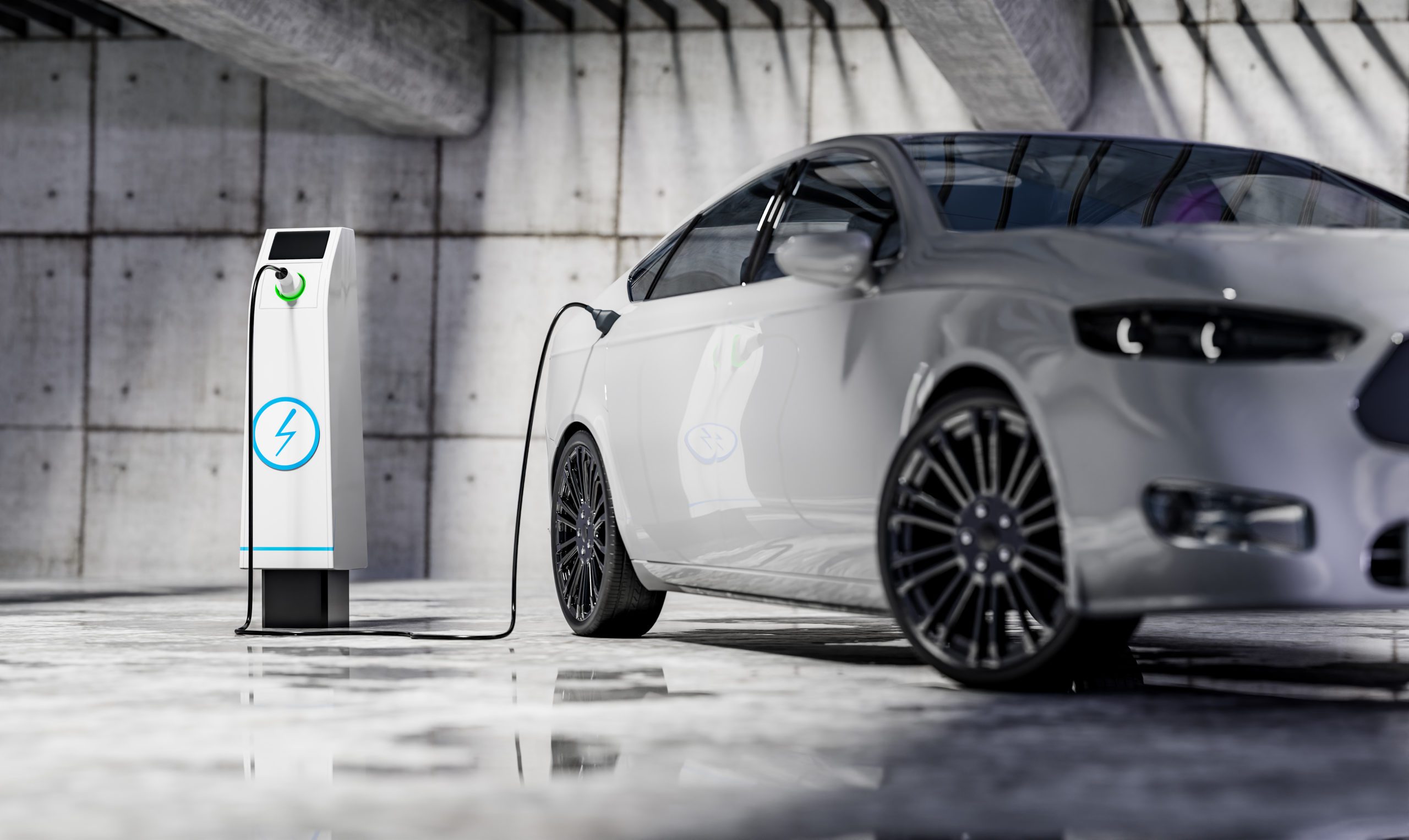Extended ranges, more reliable and efficient batteries, and an increasingly affordable market have led U.S. consumers to purchase millions of electric vehicles (EVs) per year. Above all else is the promise that electric cars are better for the environment than traditional combustion cars. However, the question remains: is this promise truly justified?
The electric car’s single most environmentally detrimental feature is the lithium battery, which has been a point of contention for years. Made out of similar materials to the one inside an iPhone, a single Tesla battery can weigh up to 900 pounds and is about the size of a small car trunk.
A U.S. Geological Survey estimated that 77,000 tons of lithium were produced in 2019. The majority of this material is mined in Australia, Argentina, and Chile.
Compared to the rates of the countries above, the United States and much of Europe produce negligible amounts of lithium. On the flip side, these developed nations happen to be the largest consumers of EVs and lithium batteries. Importing large quantities of batteries from across the world adds strain to overseas shipping and increases emissions from container ships and trucks.
An even bigger issue lies in the way that lithium is sourced. Lithium itself is not renewable, and all lithium batteries age and die out with time. Large mines have been opened in Chile and Argentina to keep up with the increasing demand, coating the landscape in a blue and green checkerboard.
According to Friends of the Earth Europe, mining lithium through salt flats directly pollutes the air and land, as well as local waterways via leaching. Mining this mineral also requires large amounts of water, which is pulled from communities along the arid salt flats that need it the most. Conflicts have even arisen in Toconao and Chile over the fight for water.
The Dallas Express reached out to Marc Geller, the President of the Electric Vehicle Association, to inquire about the pros of electric vehicle technology.
When asked what the biggest benefits are, Geller responded, “Lower operating cost. Electricity is about 25-30% the cost of gas. Almost no maintenance cost.” He added that EVs produce far fewer emissions, which helps lower greenhouse gases in the atmosphere.
Geller explained he recognizes the downfalls of EV technology but believes that the developing industry will help make a greener world.
When asked about the problems with sourcing lithium and the possibility of a solution, he replied, “There is no free lunch. However, nothing is worse than how petroleum is sourced and refined. Of course, yes, every effort must be made to source materials for batteries in a way that doesn’t utilize child labor, cause pollution to air/water, and treats workers fairly. The fact remains that simply switching to an EV is a giant step in that direction.”
It appears the debate is still open.
No more than a concept a few decades ago, electric vehicles have spread into a global phenomenon, now more popular than ever thanks to big players such as Tesla and Rivian. The U.S. reportedly has over 150,000 different electric vehicle charging stations and outlets dotted across the country.
Globally, 6.6 million EV units were sold in 2021, according to the Green Car Report’s database, more than doubling what was sold in 2020.
Additionally, the U.S. Department of Energy announced it will fund EVs in the commercial sector, such as school buses, ferries, and airport upgrades. With government support and shifting public opinion, EVs will likely have a place on the roadways for years to come. It will be up to the new generation of engineers and researchers to develop cleaner ways of manufacturing these vehicles.






